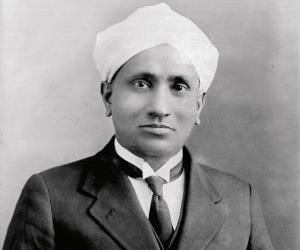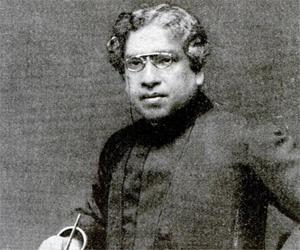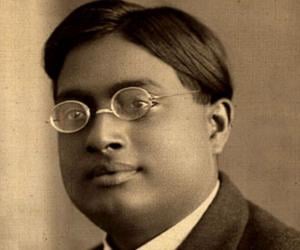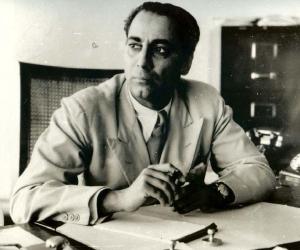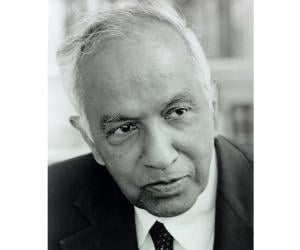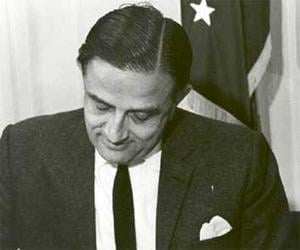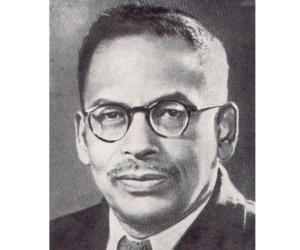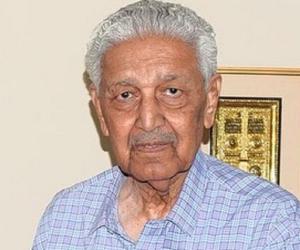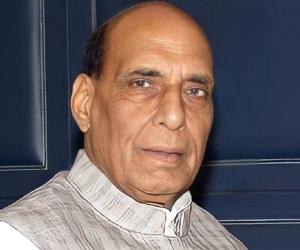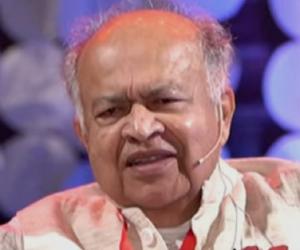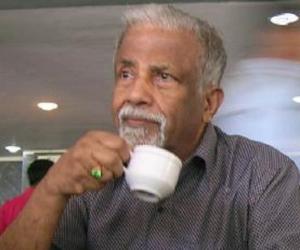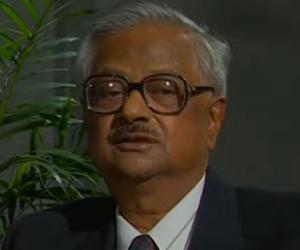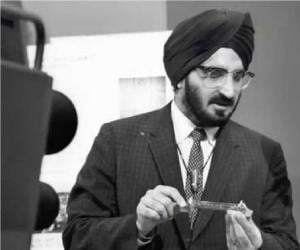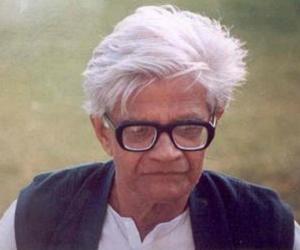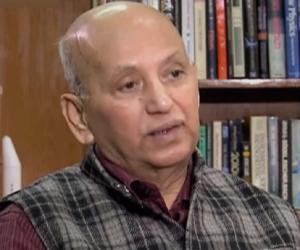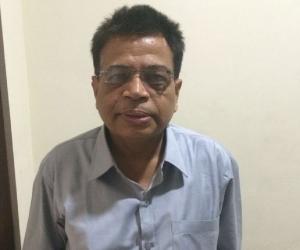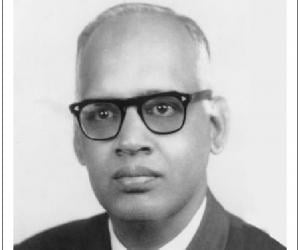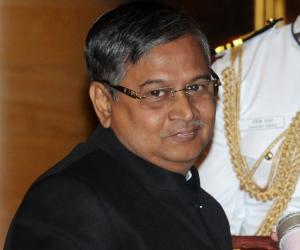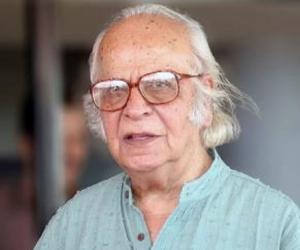1
C.V. Raman
(Physicist)
Birthdate: November 7, 1888
Sun Sign: Scorpio
Birthplace: Tiruchirappalli, Madras Province
Died: November 21, 1970
Sir C.V. Raman was an esteemed Indian physicist renowned for his groundbreaking work in light scattering. He discovered the Raman effect, a unique phenomenon where light changes wavelength when passing through a transparent material. This discovery earned him the 1930 Nobel Prize in Physics, making him the first Asian and non-White recipient of a Nobel Prize in science. Throughout his career, Raman made significant contributions to the fields of acoustics and optics, establishing himself as a pioneering figure in Indian scientific research.
